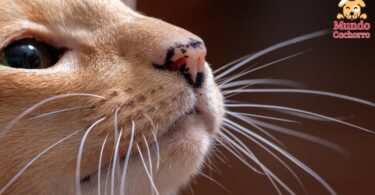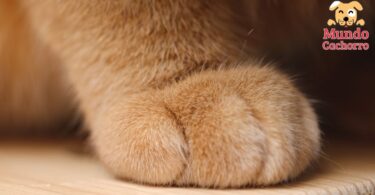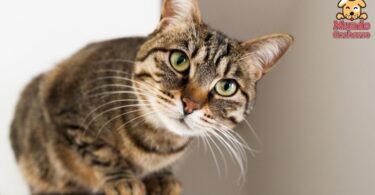As cats age, their bodies undergo certain changes. At the same time, it will be changing in its nutritional needs. These are aspects of a senior cat’s life that you will have to take into account and adapt so that it can live with the best possible quality of life.
Over time, a cat’s metabolism has a tendency to slow down. That is, you will decrease the amount of fat and calories you need for energy. Sometimes pet owners have a tendency to overfeed their pets as they age. This results in your pet becoming overweight. Not only that, but there are a number of diseases that are related to overweight and obesity and your pet may be prone to suffer from them. That is why you must attend to the different needs and make changes at different stages of your kitty’s life.
Nutritional needs of a senior cat
A senior cat usually has different nutritional needs than a cat that is in the process of development.
- High protein diet. Senior cats will need a higher amount of protein to maintain strong, healthy muscles and body function. Be sure to provide foods that have quality protein sources. For example, from chicken, turkey, fish or other similar products.
- Fewer calories. Older cats will tend to be less active, plus their metabolism will be slower than earlier in life. That is why they need fewer calories than a young cat. This will prevent him from becoming overweight, which is related to other health problems.
- Healthy fats. Nutrients such as fish oil and krill oil can help maintain the health of your senior cat. These are nutritional components such as omega-3 fatty acids. These will help maintain skin and coat health. They will also help your cat’s cardiovascular and joint health.
- Dietary fiber. While dietary fiber can be beneficial for senior cats, it is also important to know that too much fiber can interfere with the nutrient absorption process. Dietary fiber can promote and maintain a healthy and regular digestive system. In any case, consult your veterinarian for the appropriate doses of dietary fiber.
- Hydration. As cats age, they are at risk for dehydration. It is therefore extremely important that they have access to fresh, clean water at all times. It is also important to include moist foods in their diet. This way you can have a higher water content and stay more hydrated.
In summary, older cats need a diet high in protein, low in fat, rich in vitamins and minerals, and an adequate amount of water to stay healthy. In fact, a senior cat that receives an age-appropriate diet can stay healthy for much longer.
Image courtesy of https://pixabay.com, all rights reserved.







